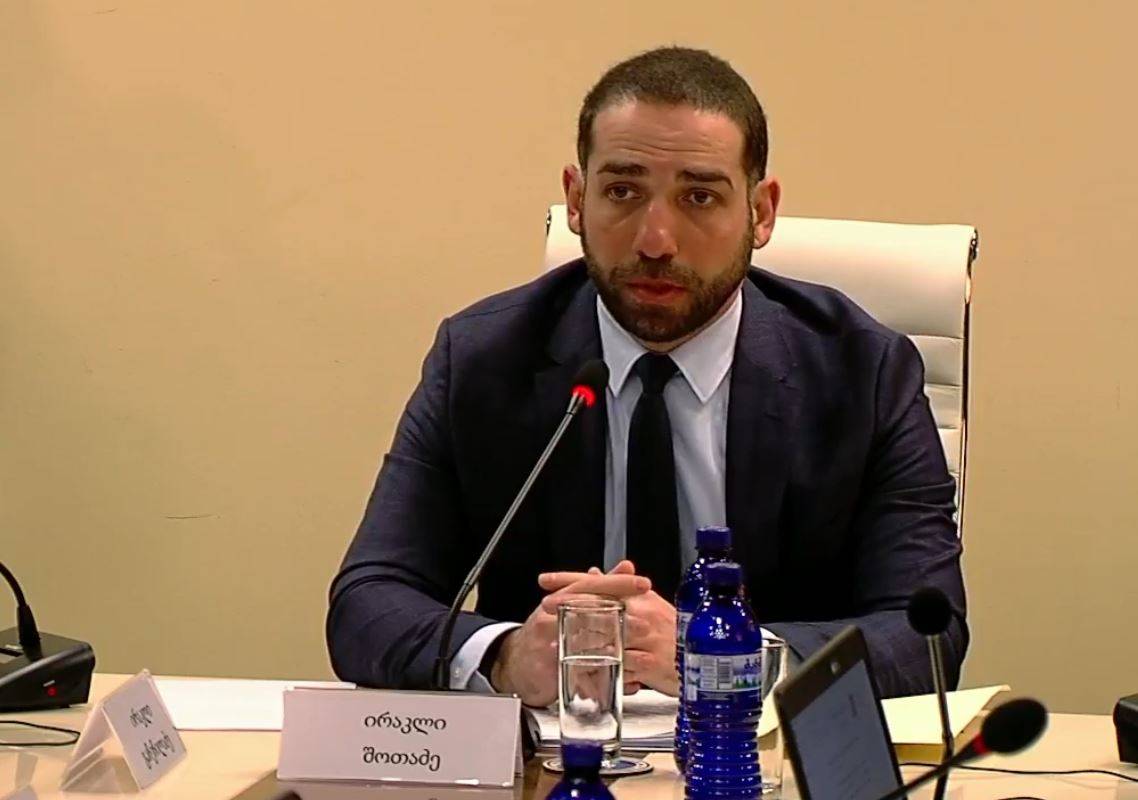საერთო ცხელი ხაზი +995 577 07 05 63


According to the EMC assesment, in a political situation where public confidence towards state entites is constantly declining and law enforcement agencies are forced to work in crisis situations most of the time, it is essential that those who have a credible professional reputation and high public trust be appointed as heads of these agencies. Consequently, the Prosecutorial Council has a particularly high constitutional responsibility not to allow the appointment of a candidate to the mentioned position, who society views in a critical light. The decision made in this process, in turn, significantly determines the quality of the work of the Prosecutorial Council, the true level of its independence, and the extent to which the Prosecutorial Council has embraced its constitutional role in ensuring the independence of the system.
On February 4th, Irakli Shotadze, during his interview before the Prosecutorial Council, widely overviewed the existing path of development of the Prosecutor's Office, the challenges prosecutor’s office facing, and his own vision for its further development. He also touched upon issues such as the effectiveness of the system, improvement of the quality of investigation and investigators' qualifications, the specialization of prosecutors and implementation of training activities, the need for annual victimological research in the country, and etc. It is worth noting that while discussing the development strategies of the system, Irakli Shotadze's interview was constantly accompanied by an emphasis on the consequences of the notorious legacy of the previous government. However, even though, since 2006 Shotadze has held a high position in the prosecutor's office and at the financial police, he himself does not feel any responsibility for the misconducts that took place during those years. During the interview, the candidate positively assessed the current model of the selection of the candidate of attorney general and the work of the Prosecutorial Council in General; he noted that he considers the existing societal criticism of the process to be discrediting of the democratic process. The line of reasoning that the presented candidate showed towards the public reactions and criticism of the challenges to the system, unequivocally expressed his attitude towards the public opinion, the main criticism, and concerns that exist in the country regarding his candidacy.
While talking about his own strategy and vision, Irakli Shotadze deliberately avoided talking about the resonant cases that formed the public's negative attitude towards the prosecutor's office and him as the head of the agency. The candidate failed to further elaborate on the key cases of his career which included: the case of Temirlan Machalikashvili and Afghan Mukhtarli, the physical confrontation between Lasha Tordia and Otar Partskhaladze, the case of "Khorava Street", which due to low quality of investigation culminated in his resignation from the post of Prosecutor General. It should be noted that the individuals involved in the prosecution of the Khorava Street case have not yet been held responsible for their shortcomings and it is not yet clear what responsibility the heads of specific agencies will be held liable for. Considering these circumstances, the candidate made no attempt to directly explain to the public, in case of his return to the system, what he would rectify in the investigation process and how he would tackle similar cases in the future. Candidate only accredited the notorious political legacy of the agency to its critically low public trust.
EMC once again calls on the Prosecutorial Council to:
The website accessibility instruction